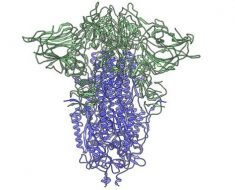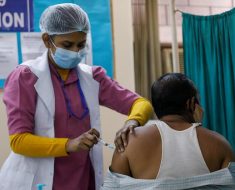A pandemic-related shortage of a mundane item — tubes to collect blood samples from patients — has caused headaches for health systems worldwide.
But it may also have a silver lining: A lesson in how to reduce unneeded medical tests, whether or not there’s a shortage, according to a new study.
The shortage of “blue top” blood test tubes gave researchers a chance to see if alerting doctors at the moment they’re placing an order could encourage them to seek a test only when results will immediately affect care.
In the new study, published in JAMA Internal Medicine, an alert led to a nearly immediate 29% drop in orders for one common test. The reduced level persisted for months.
“This shows that small interventions can make a big difference, and suggests the potential for other types of low-value care to benefit from a similar intervention,” says lead author Madison Breeden, M.D., a fellow in infectious diseases at U-M Health who conducted the study during her year as chief resident of Quality and Patient Safety. She’s already exploring if the approach might reduce unnecessary prescribing of antibiotics.
Breeden and her colleagues describe what happened in spring 2021 when University of Michigan Health supply chain and pathology experts began worrying about a potential shortage of “blue top” tubes. The pandemic had created very high demand for the chemical the tubes contain: sodium citrate, which stabilizes blood samples until a laboratory team can analyze three blood clotting-related properties, called PT, INR and PTT.
Source: Read Full Article





